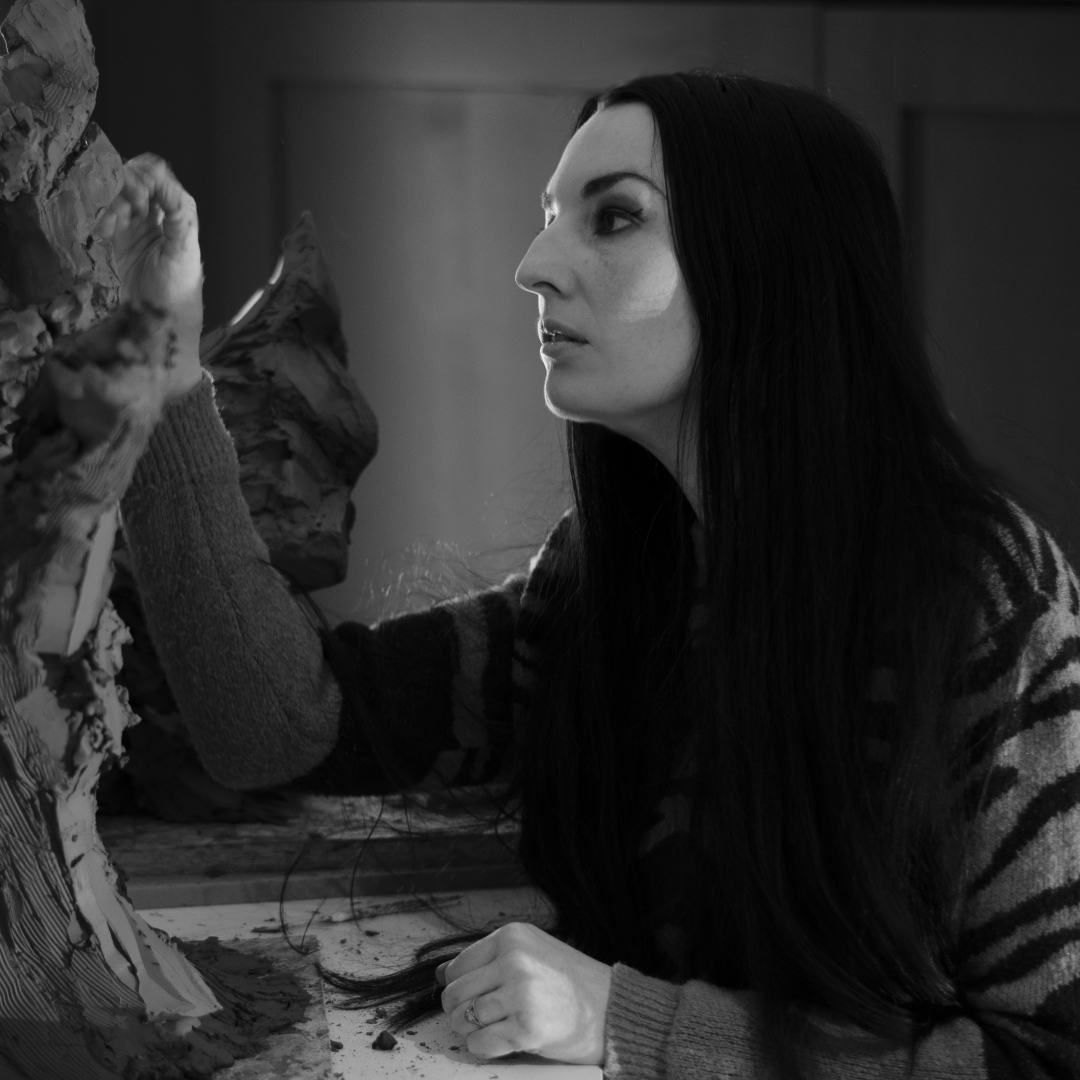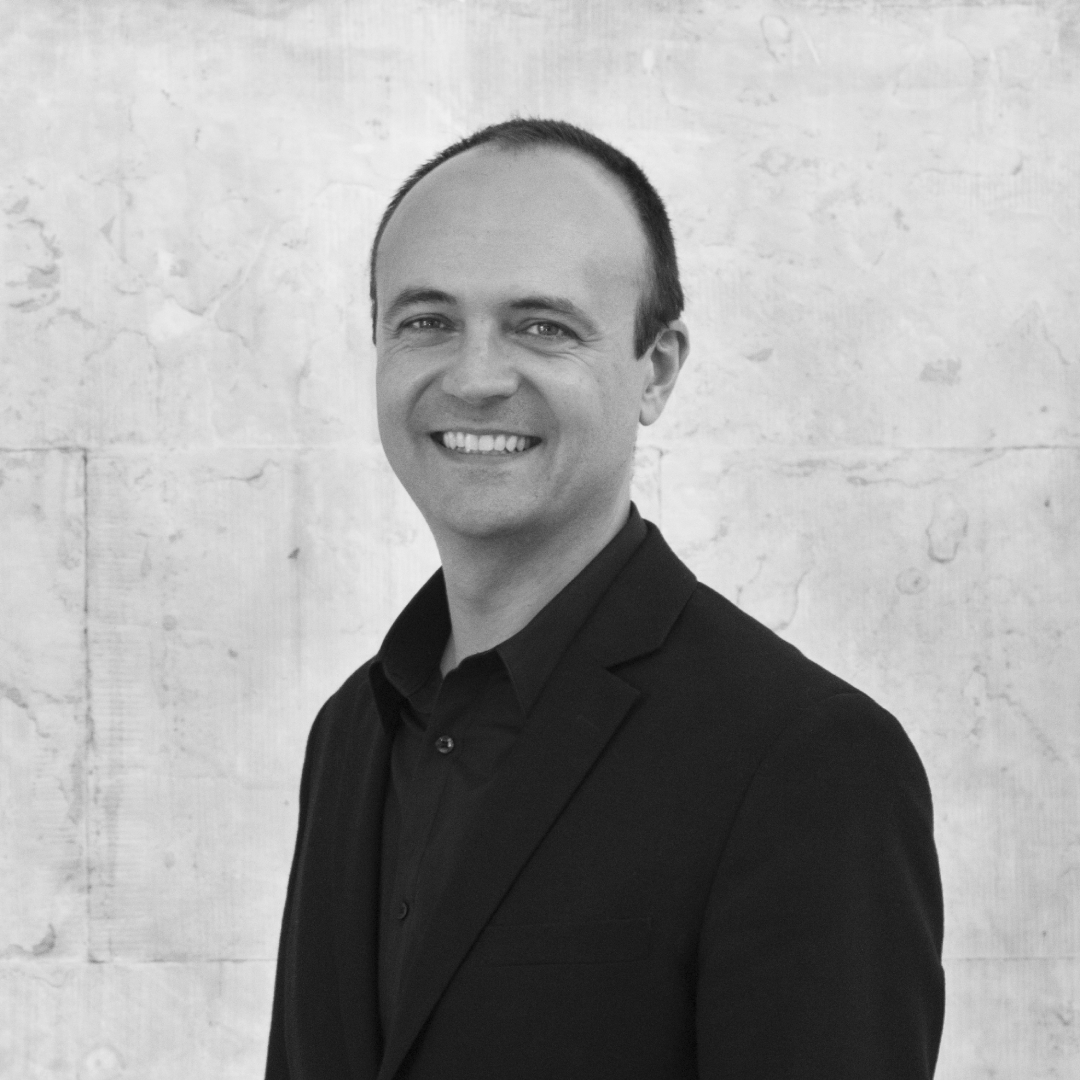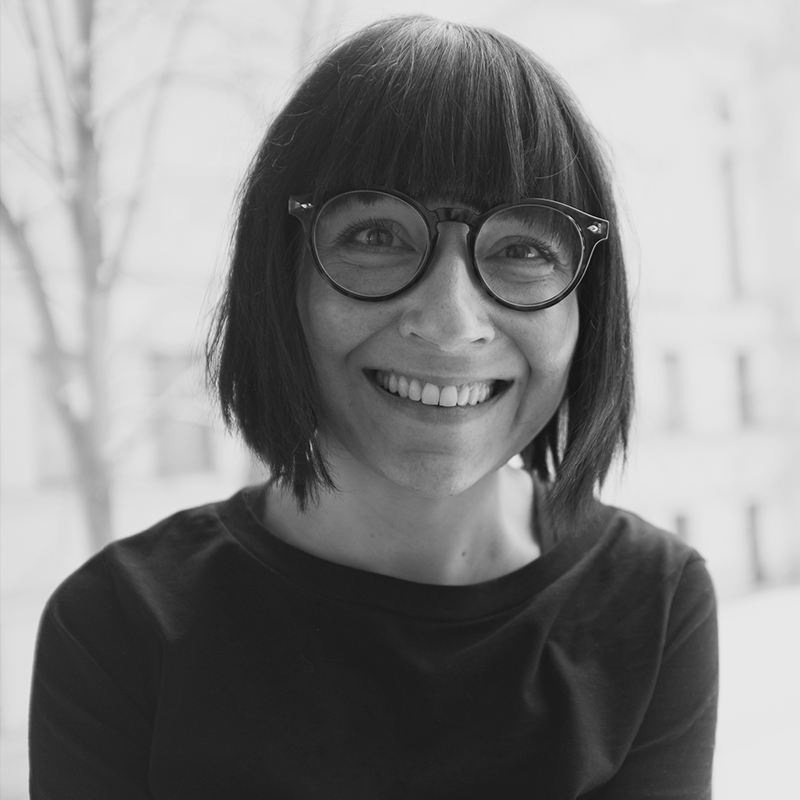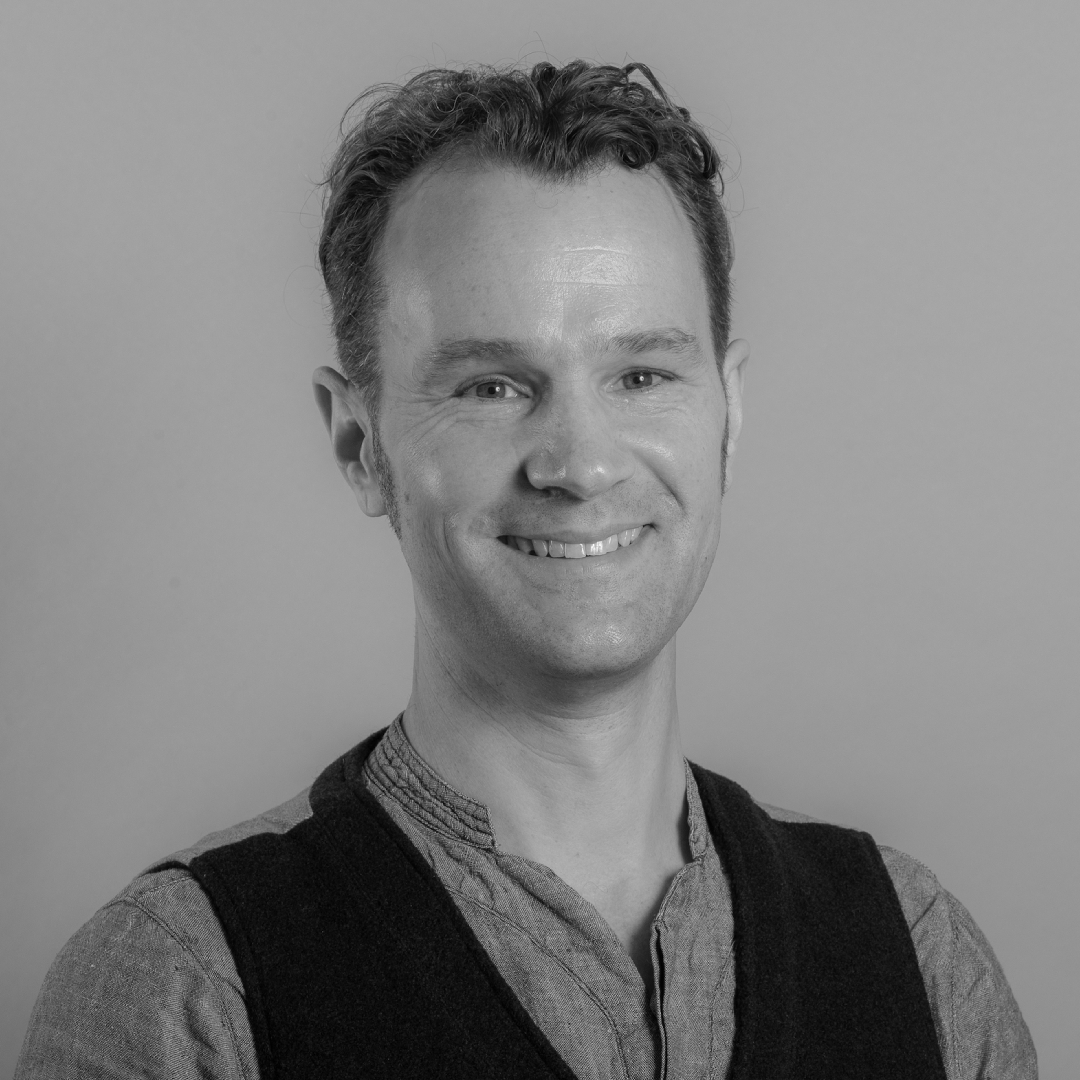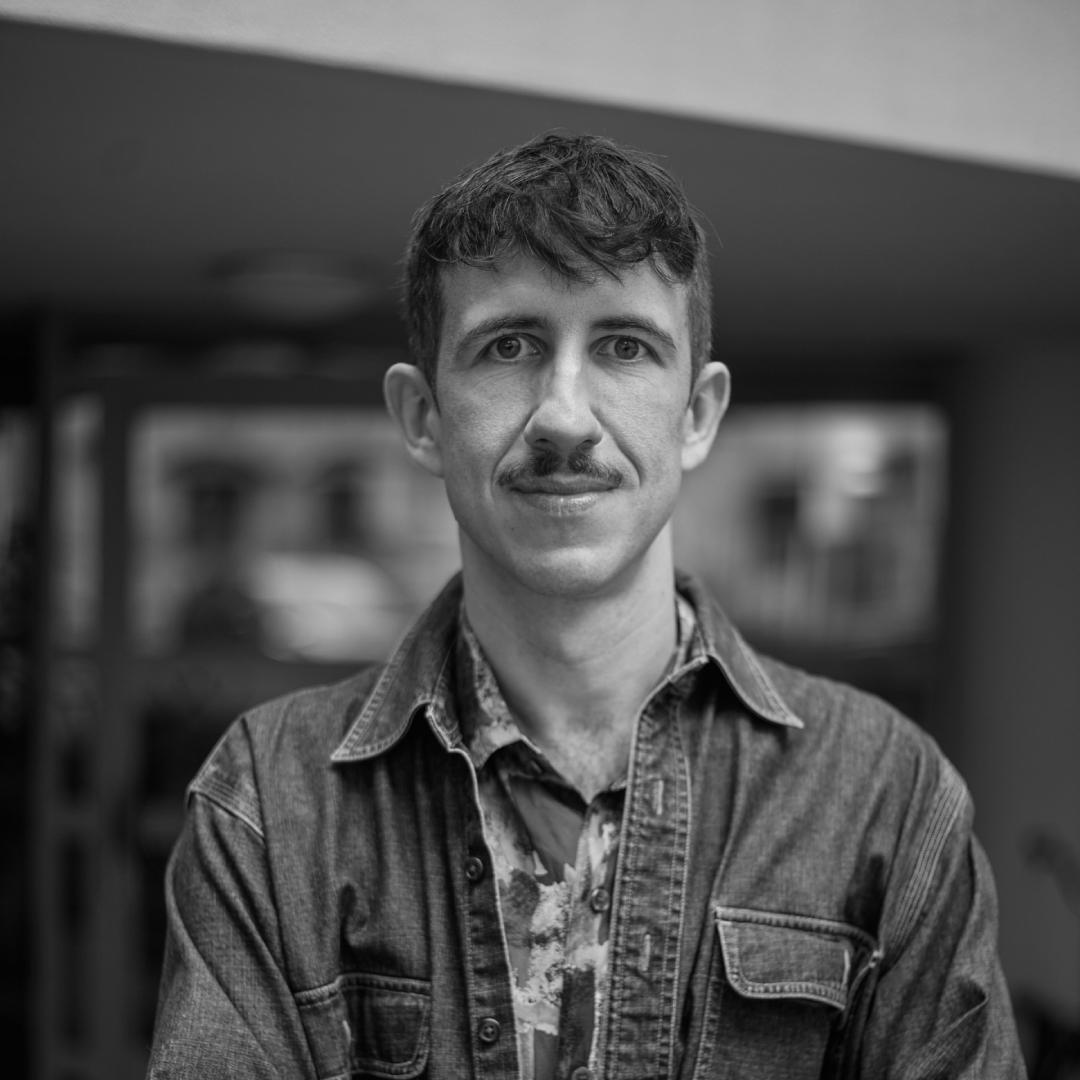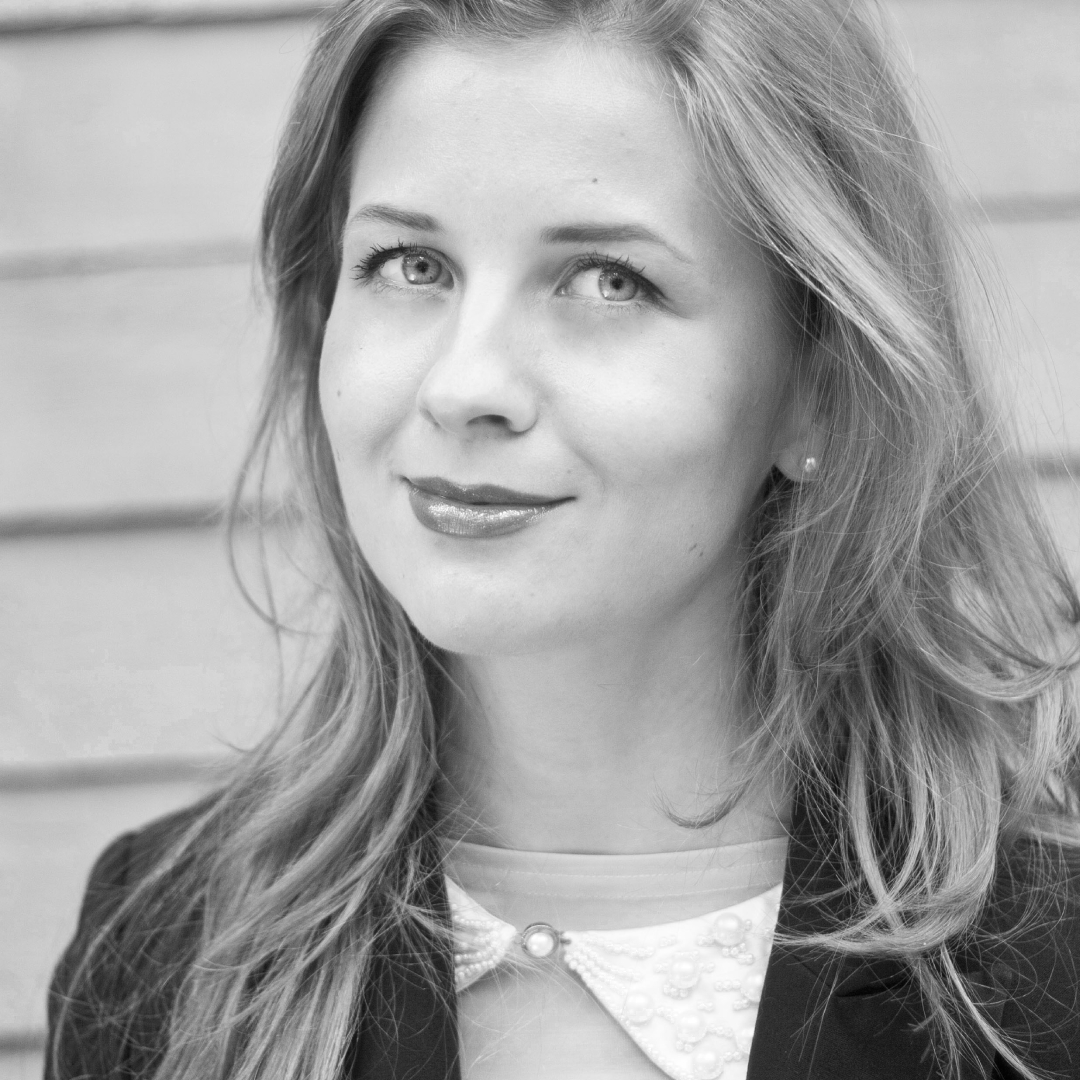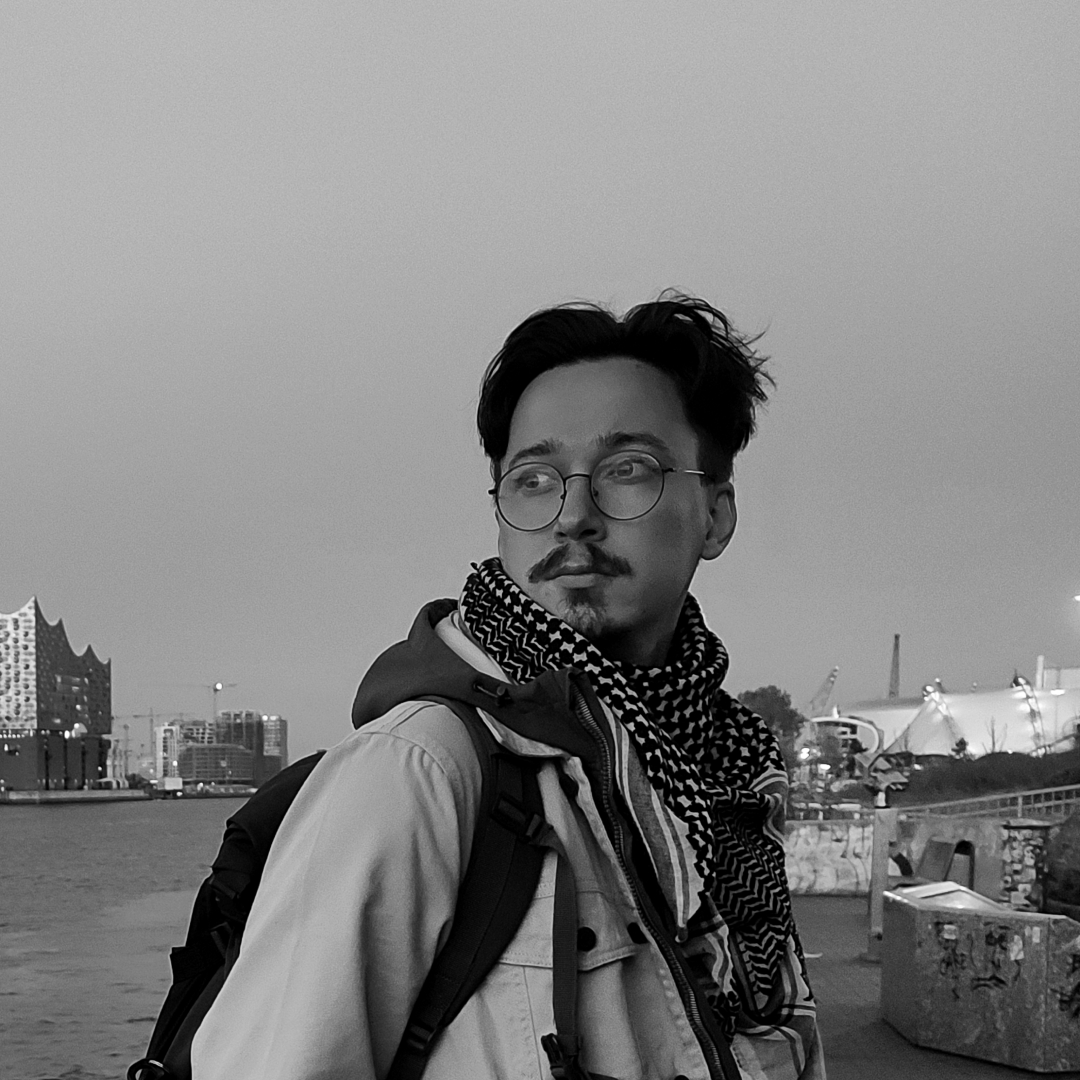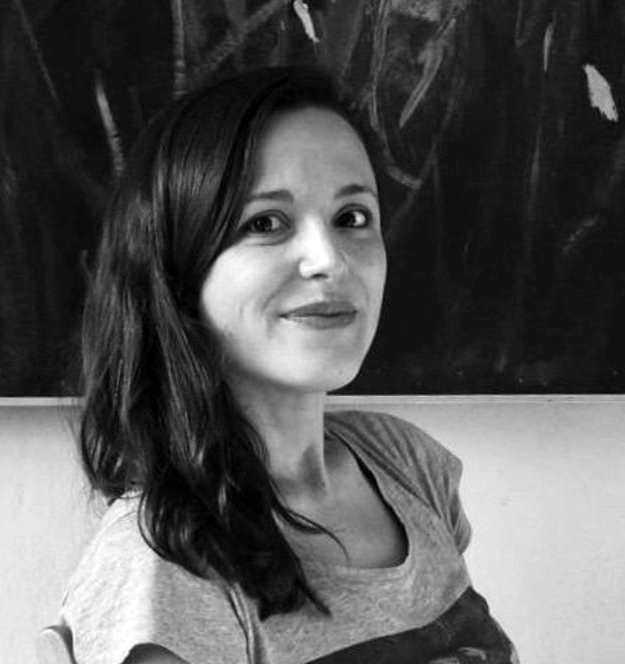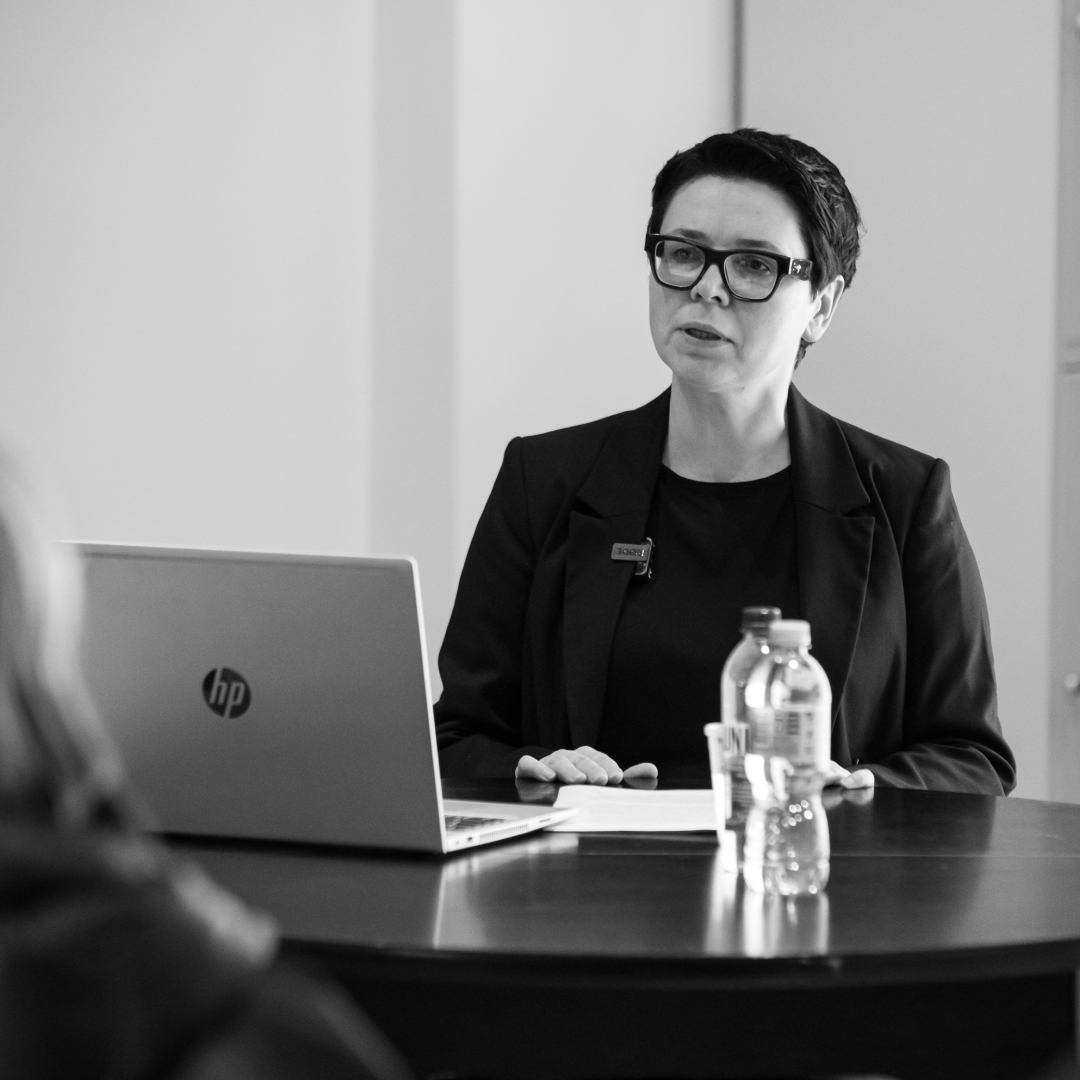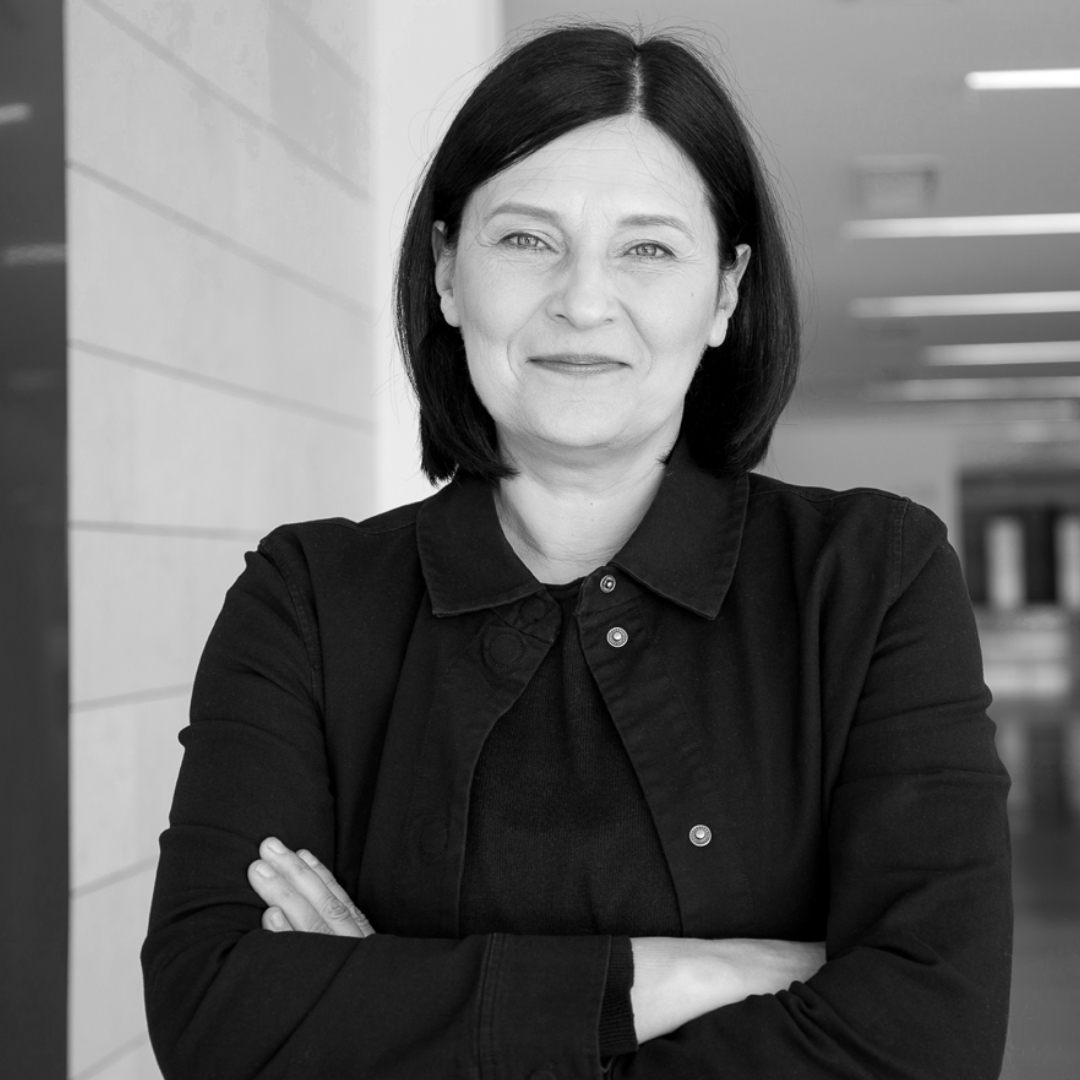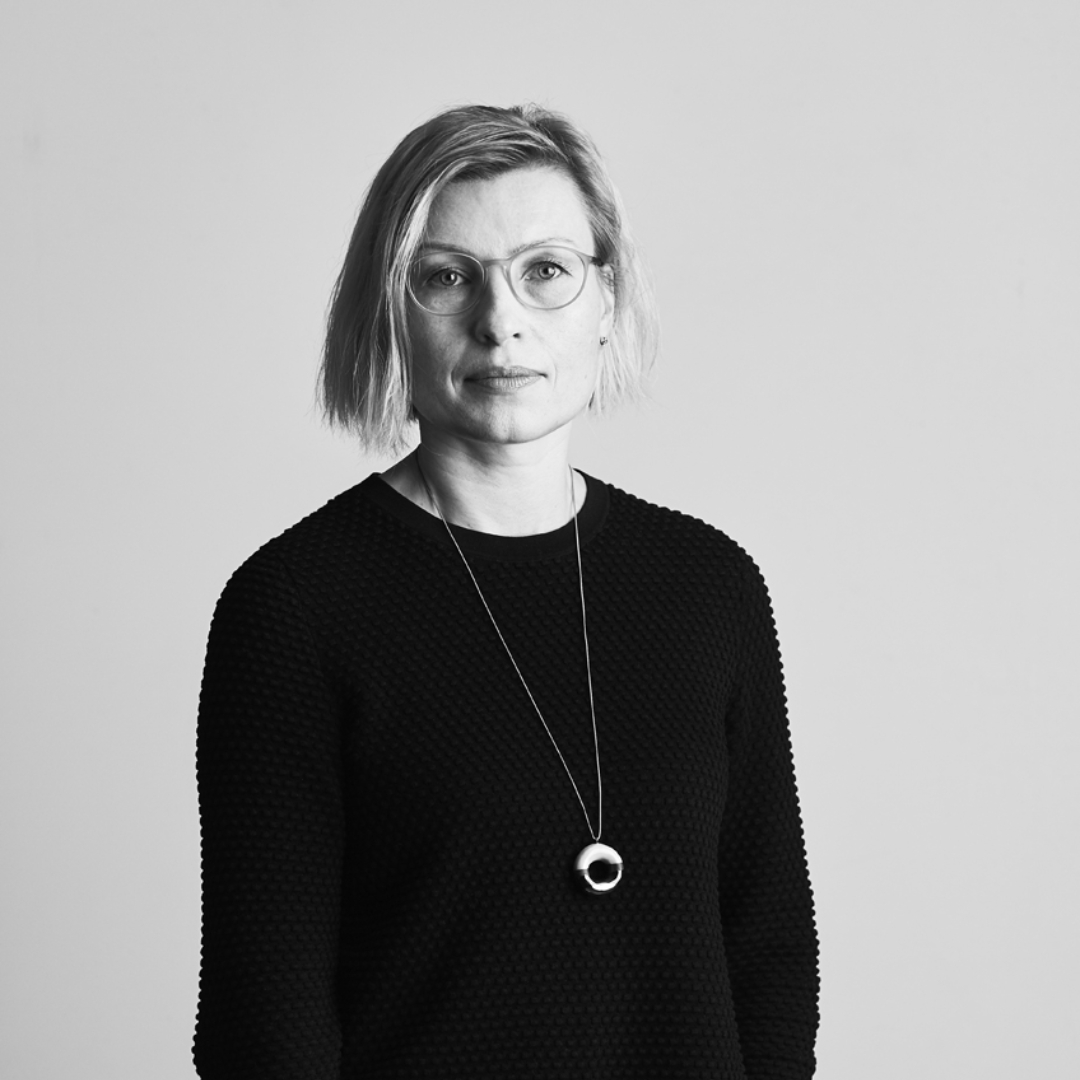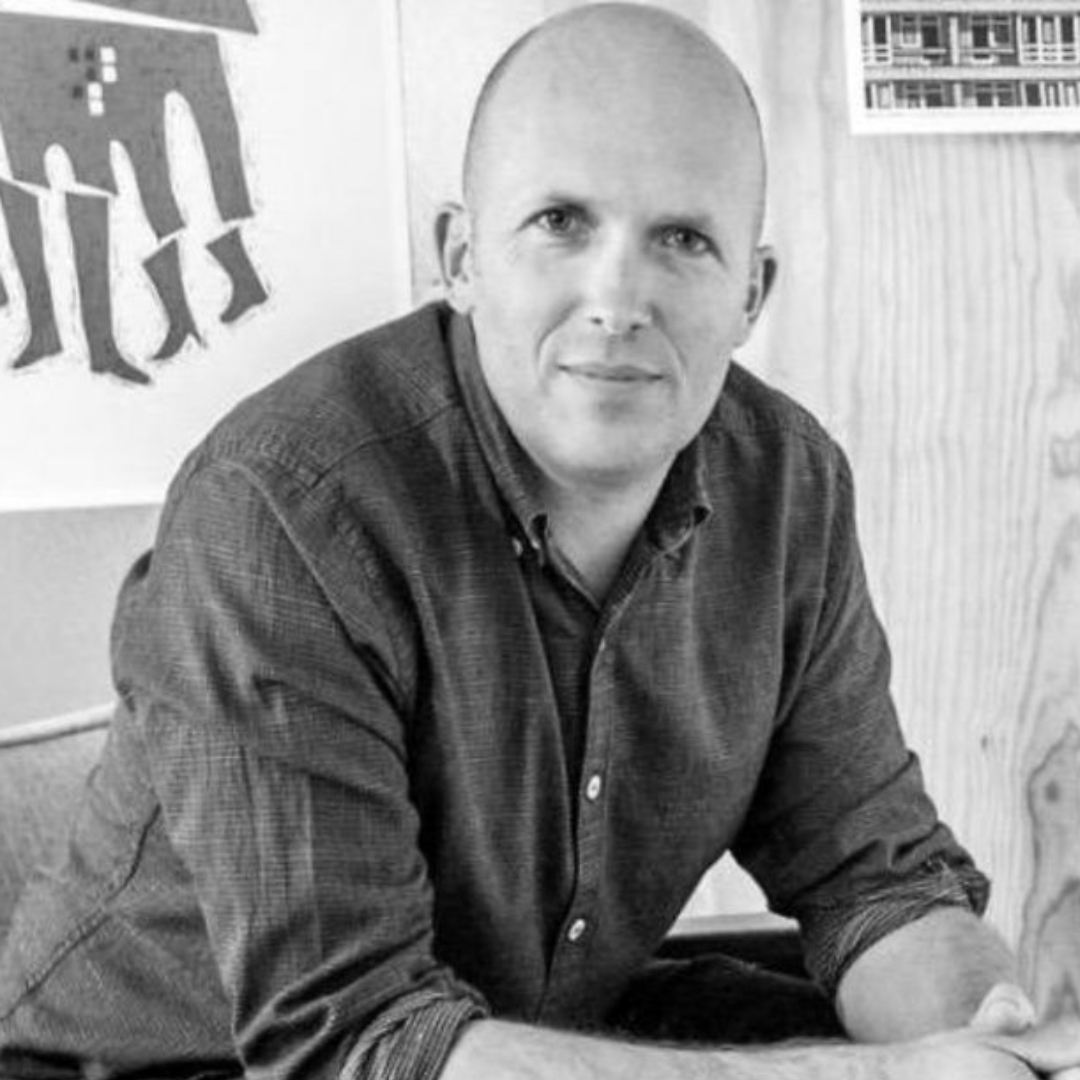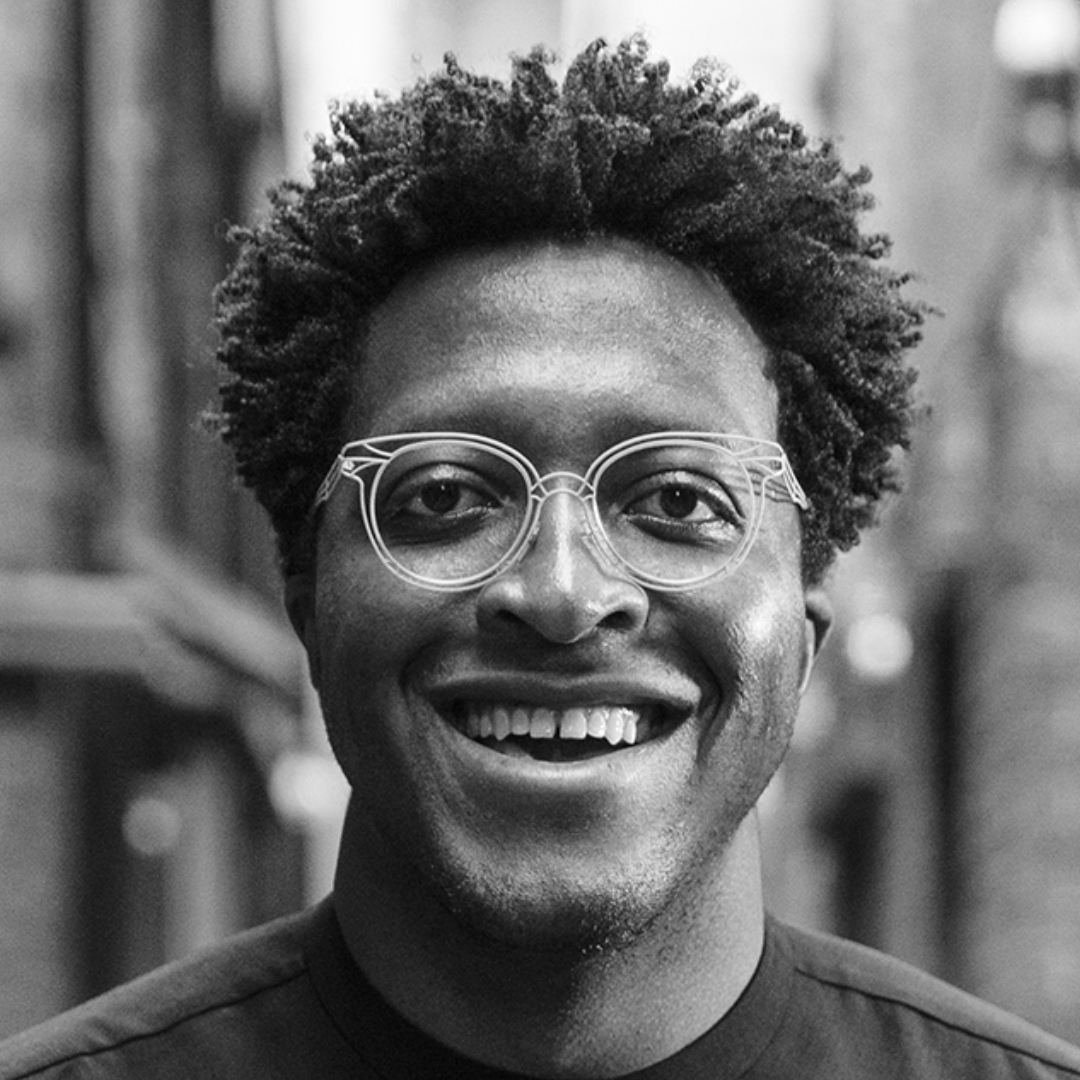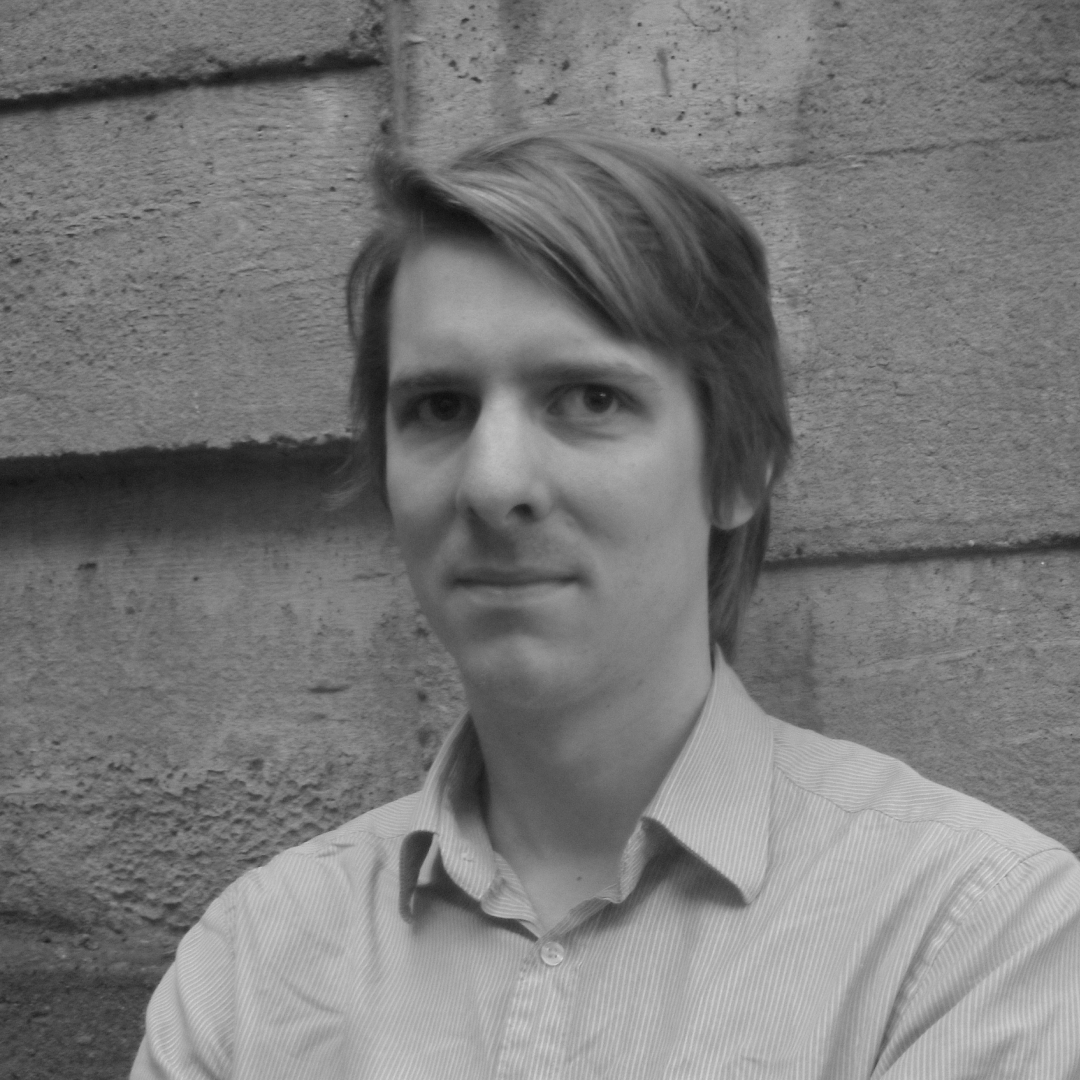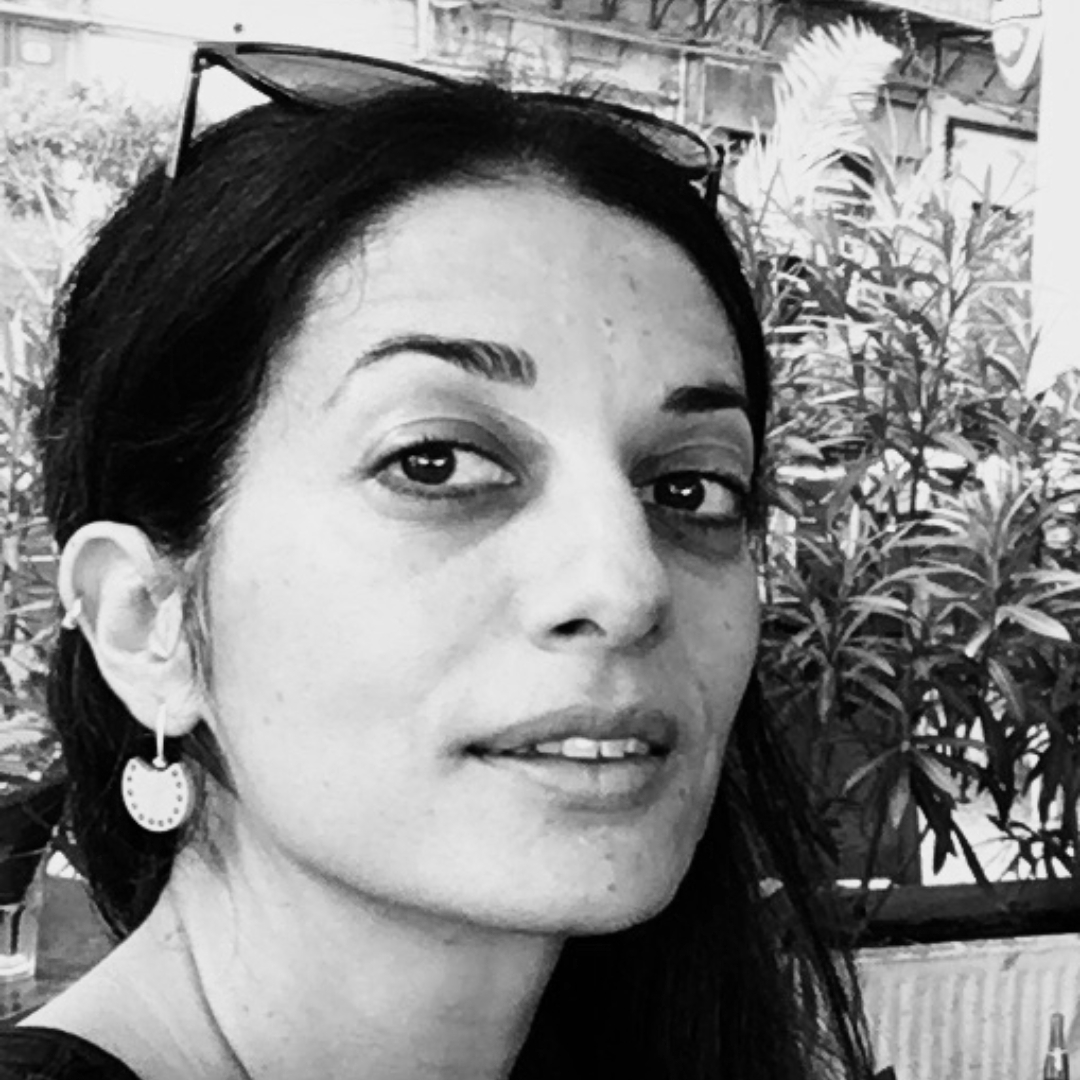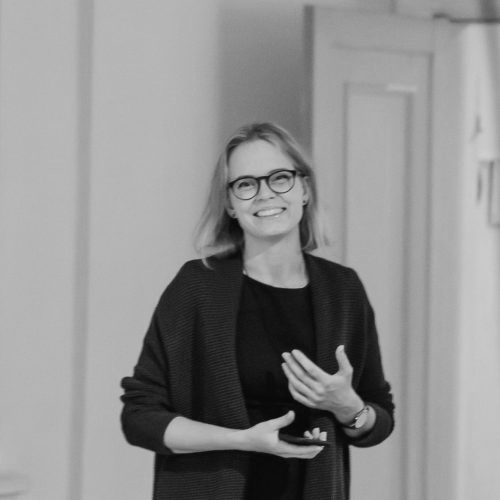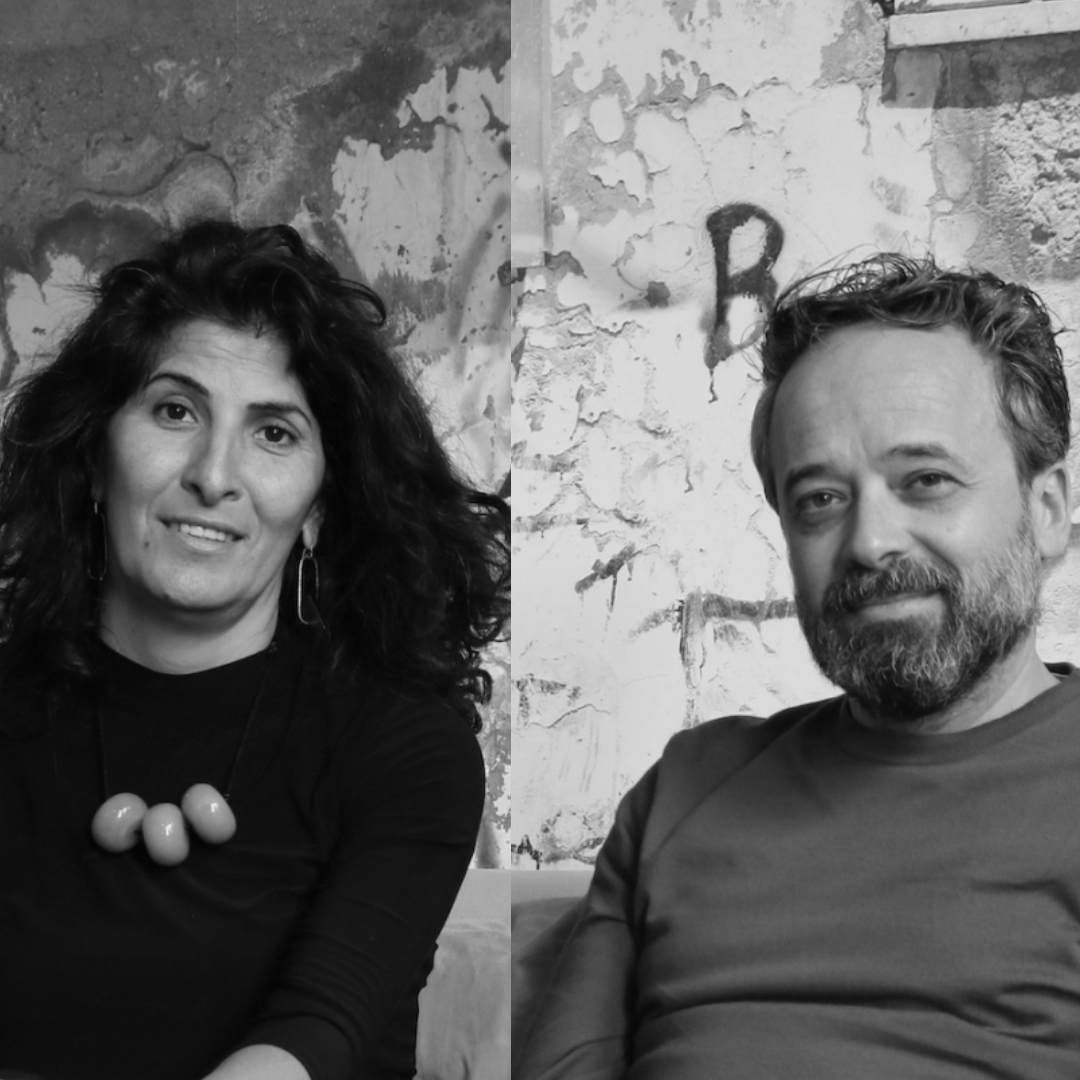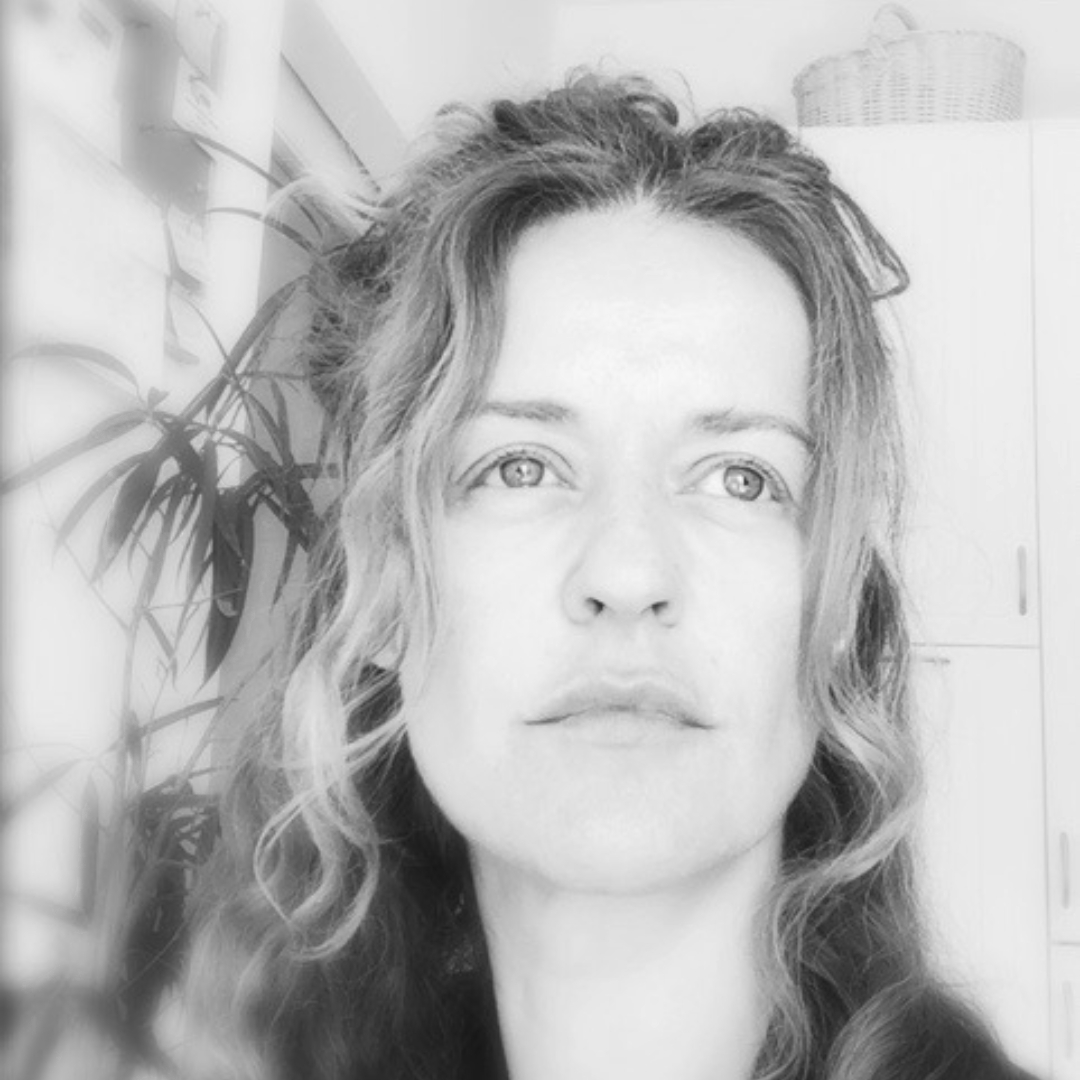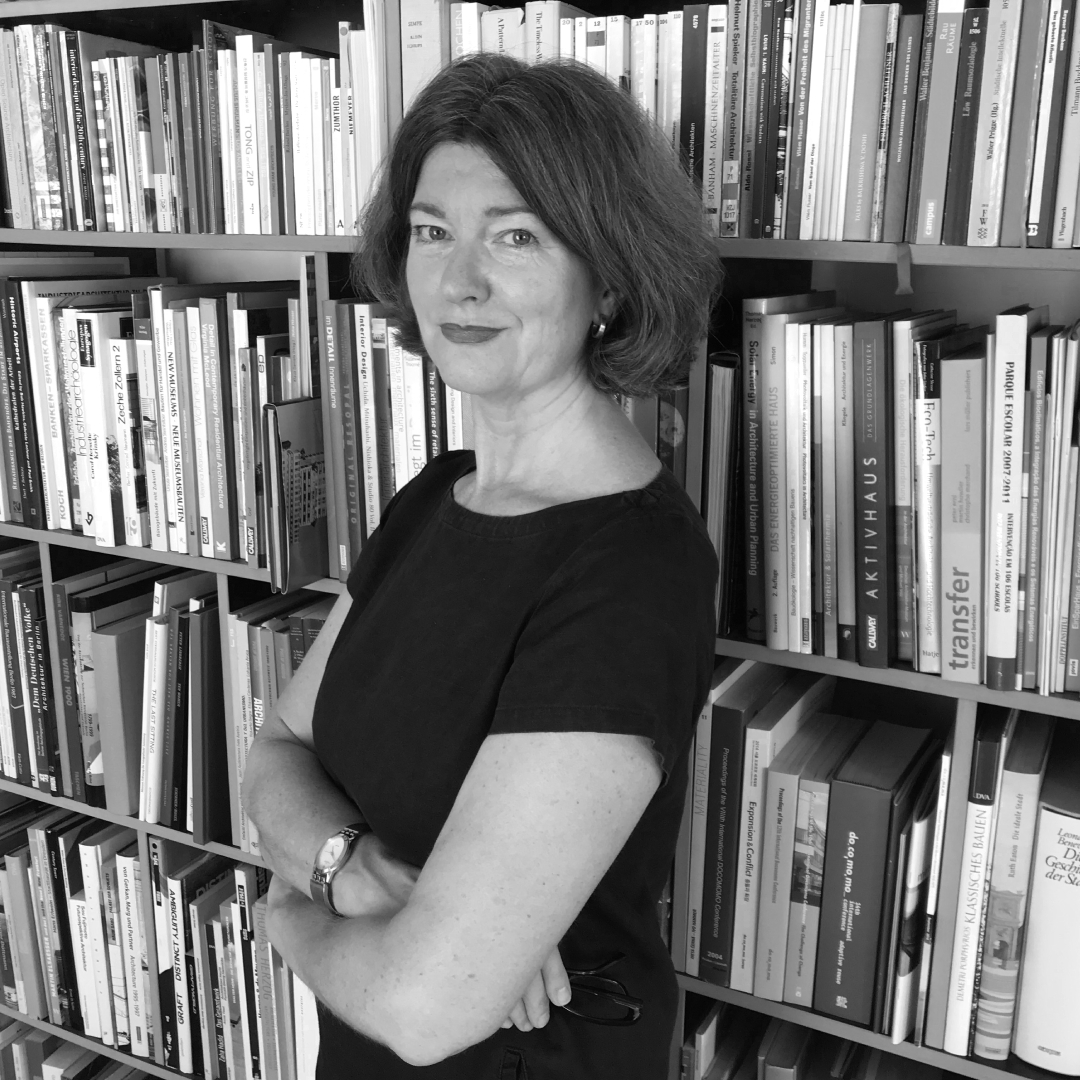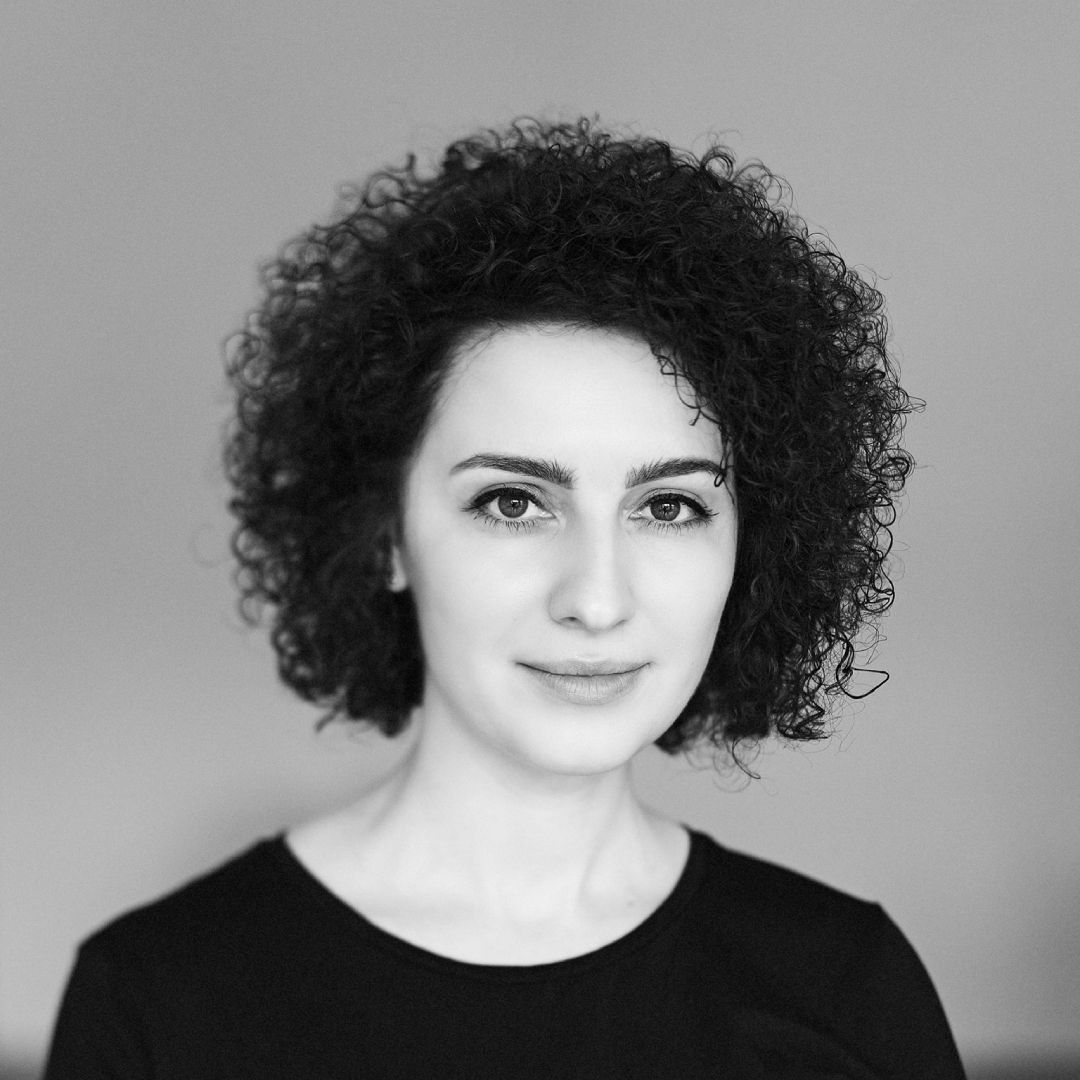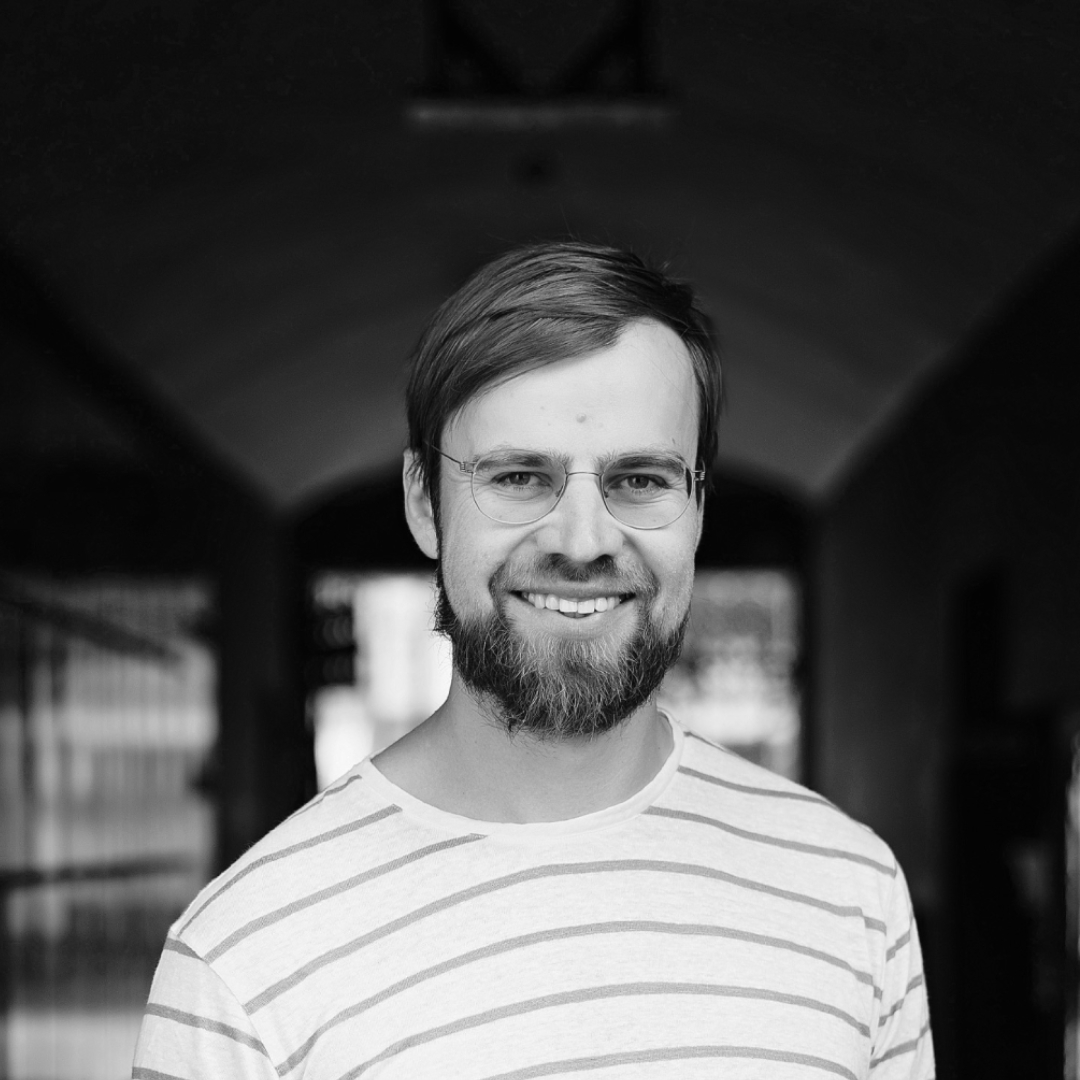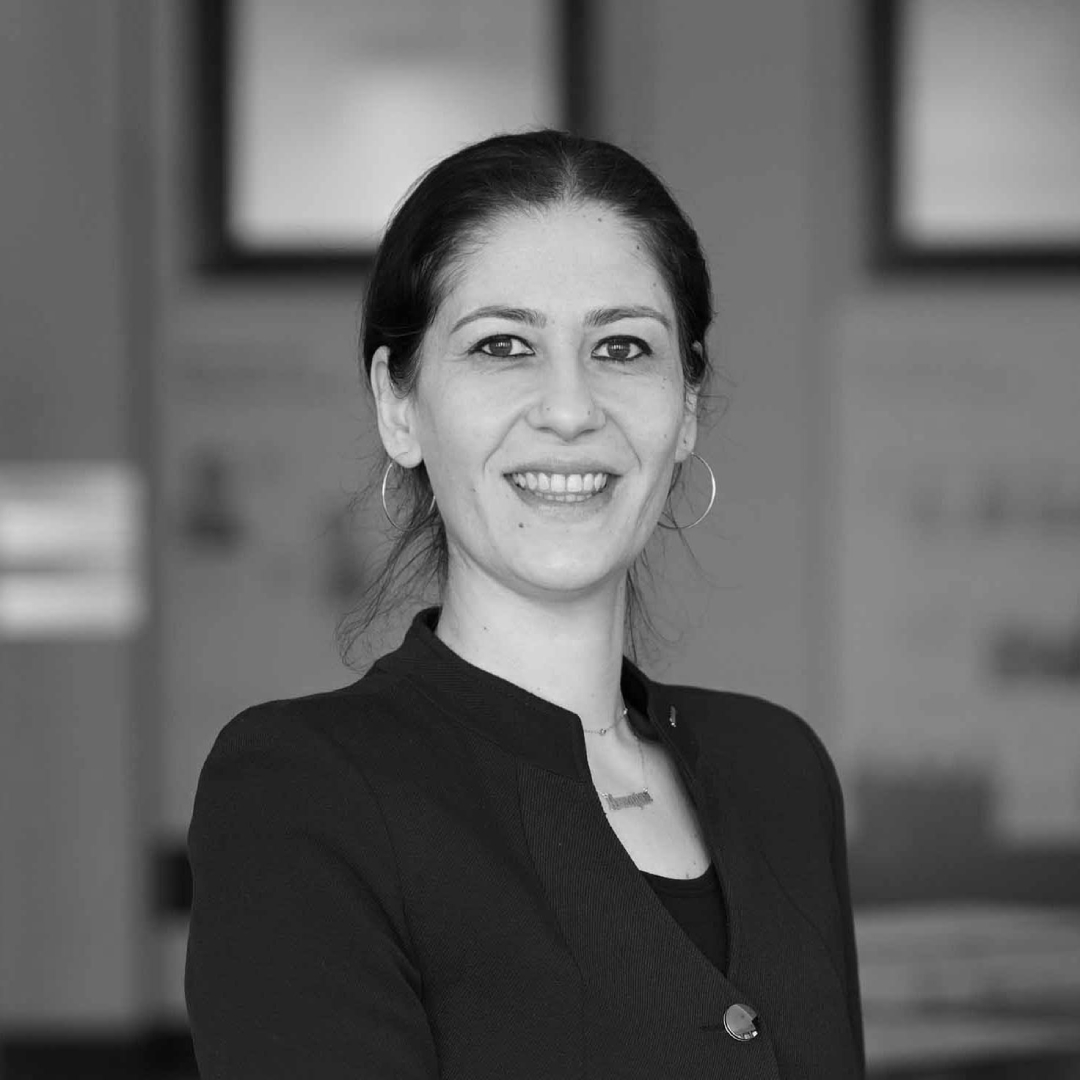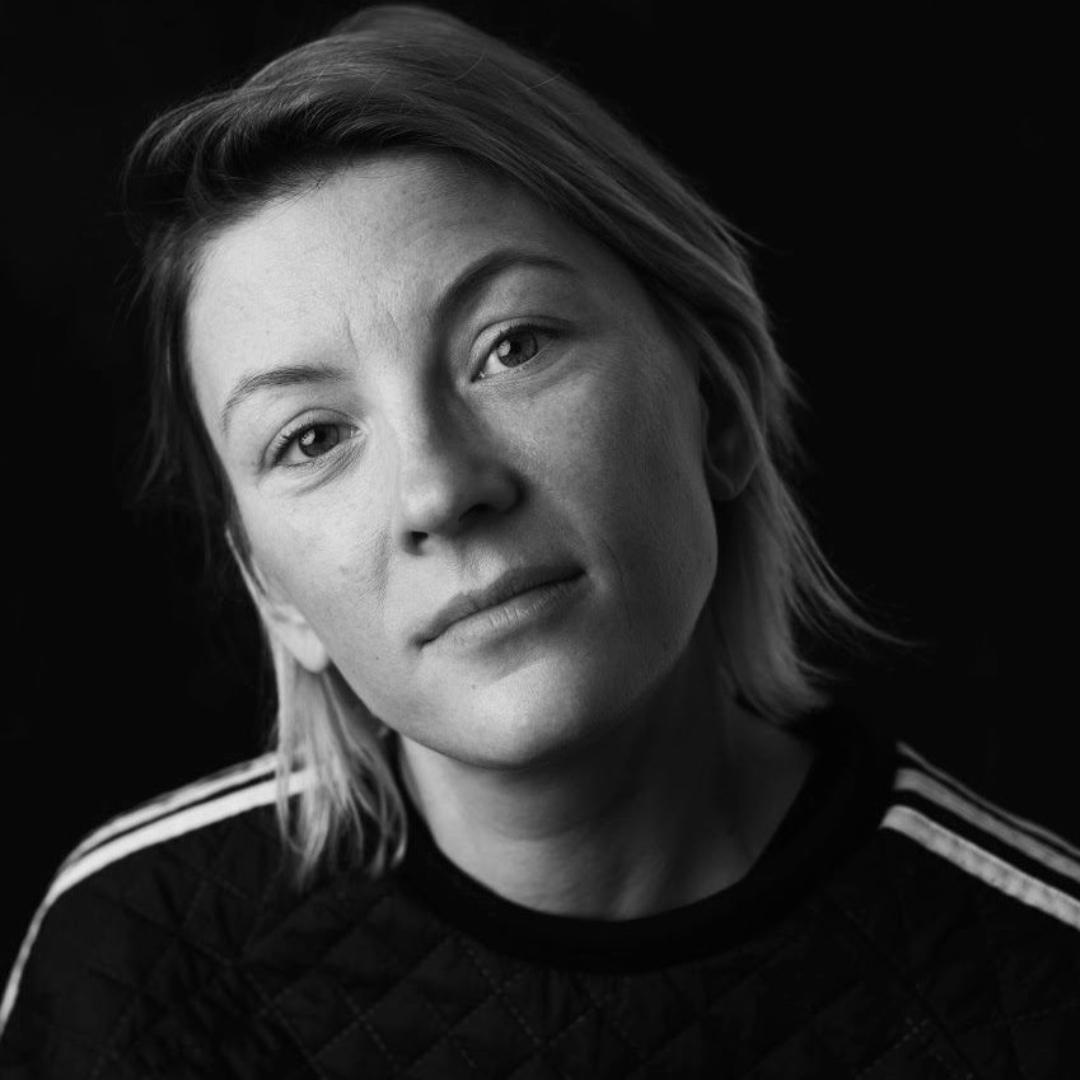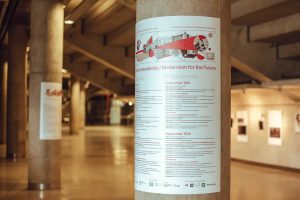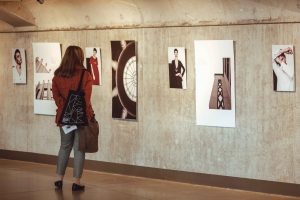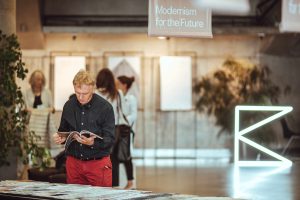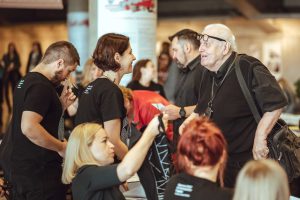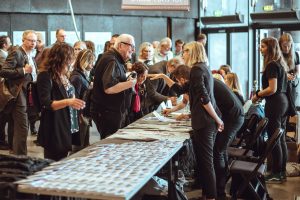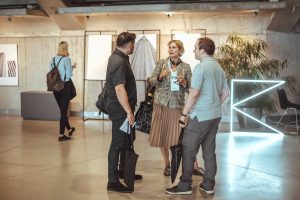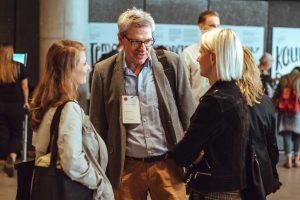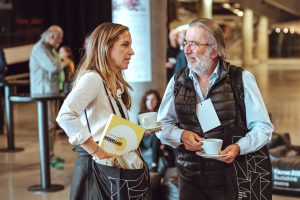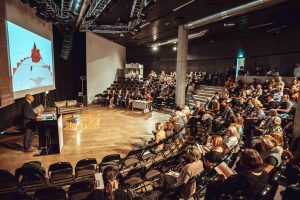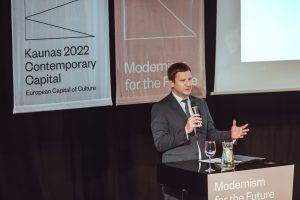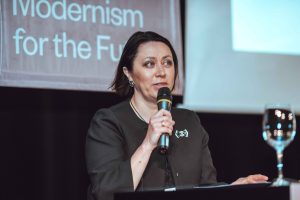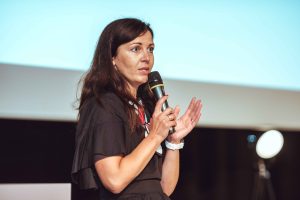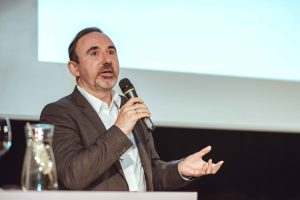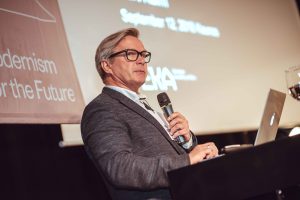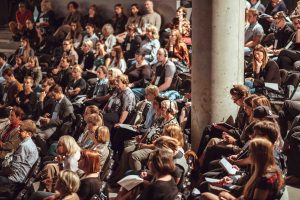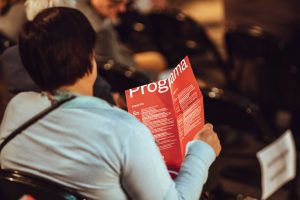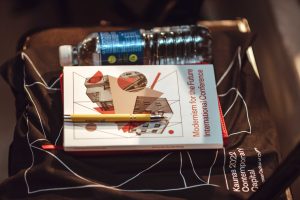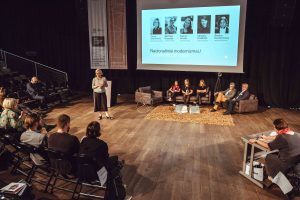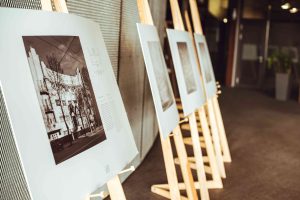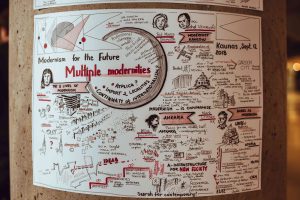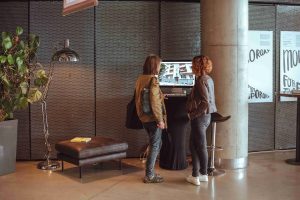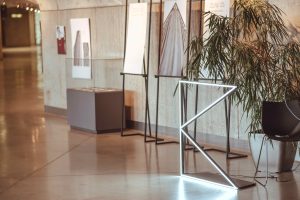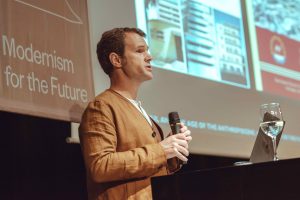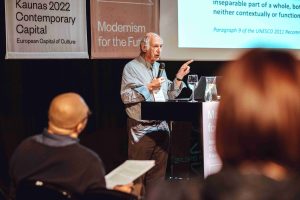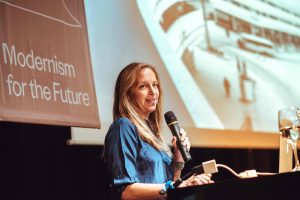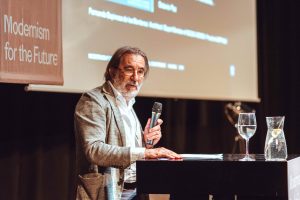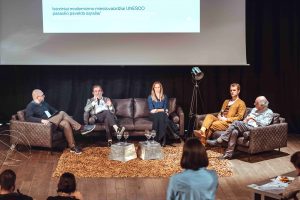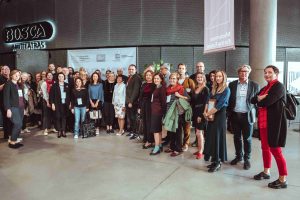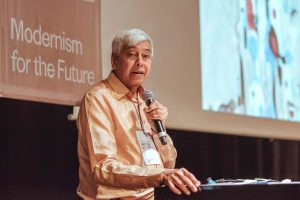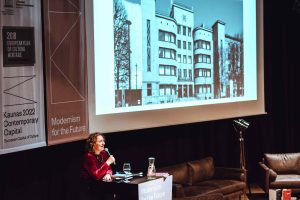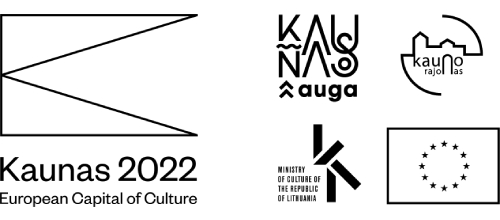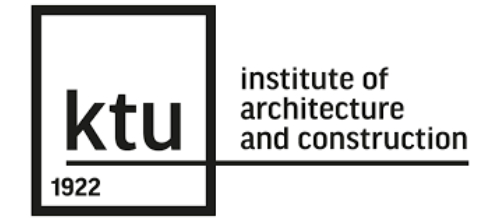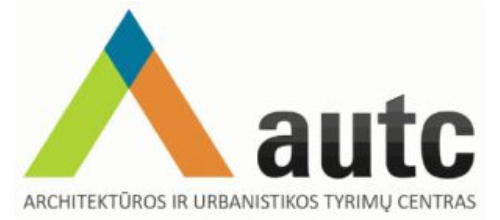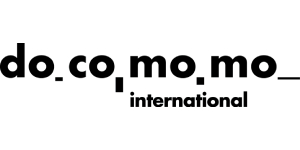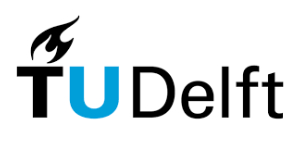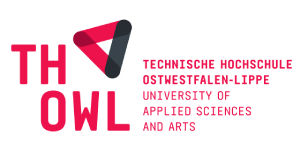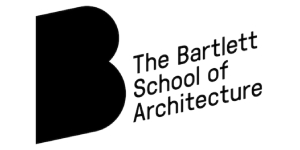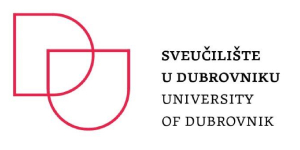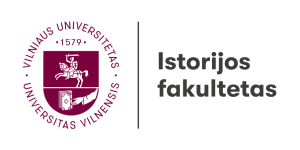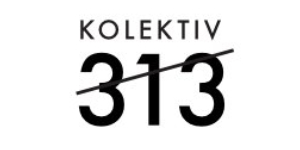Modernism for the Future. Interpretations
The conference marks the symbolic conclusion of the “Modernism for the Future” programme, which has been running over the last five years as part of Kaunas’ European Capital of Culture 2022. Intensive work on interpretations of modernism has confirmed that an essential condition for the successful integration of a historic urban layer into the contemporary city is a multifaceted narrative combining the knowledge, stories and motivations of scholars, heritage professionals, artists, heritage site owners, the heritage community at large and an enthusiastic public. Only a multifaceted picture of historic architecture reflects the complexities and contradictions of the built environment. Focusing on the dialogue between art and heritage, and taking the architectural legacy of the 20th century as the principal example, we took these sites as a cultural heritage laboratory, where today’s interdisciplinary interpretations and histories are as important as the authentic signs of the past.
The conference aims to summarise and celebrate the experience of Kaunas and to continue the discussion on artistic interpretations of heritage based on the experiences of different cultures and regions. Speakers will share insights into modernism as a source of creative inspiration and optimism and discuss examples of artistic representations of modernist architecture and its heritage. The conference will discuss not only how heritage can be influenced by the subjective perceptions and ideologies of a time or people, but also how heritage, especially modern heritage, can affect the planet and people, and how to preserve and valorise it in times of ecological crises so that it is relevant for future generations. All of these discussions are very important for possible visions for the future of heritage conservation to help us THINK ABOUT THE FUTURE.
Outcome
The outcome of the conference is a series of podcasts prepared with the cooperation of Thomas Dyckhoff and Kotryna Lingienė. The collection involves 10 episodes of digital audio programmes, which allow the listeners to directly hear the speakers of the conference, who are specialists from various fields and geographies. The topics of the podcasts vary from subjective artistic interpretations to the objective scientific research of the modern heritage both for contemporary practices and the future of heritage preservation.

